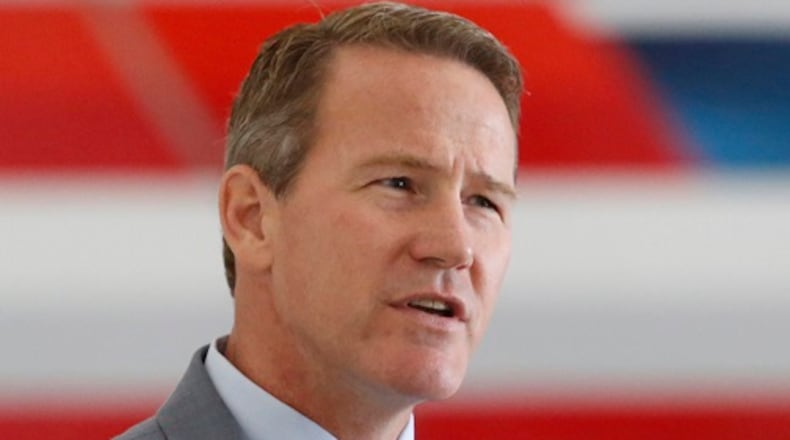In a sign that President Donald Trump’s decision to challenge the legality of Obamacare has opened up a split inside the Republican Party, Husted said Thursday he “strongly advised” White House officials this week “that if this is the direction that they’re going that they need to have an alternative.”
“It’s OK to oppose” what is known as the Affordable Care Act, but “you have to have an alternative … that includes things like coverage for pre-existing conditions and how we are going to help people on the lower end of the economic scale have access to health care,” Husted said.
“We want to make sure everybody has access to affordable health care that covers pre-existing conditions and provides access to people when they need it,” Husted said. “That’s an important principle that we believe in and that must happen.”
Husted, in Washington this week for a meeting of the nation’s lieutenant governors, spoke about the health law just one day after Ohio Attorney General David Yost urged a federal appeals court in New Orleans to reject the Trump administration’s claim that the law is unconstitutional.
A number of Republicans are frustrated with the White House, fearing that voters might blame the party if the courts strike down Obamacare.
The 2010 law not only prohibited insurance companies from denying coverage for people with pre-existing health conditions, but also extended health coverage through federally subsidized individual insurance plans and an expansion of Medicaid, the joint federal and state program which offers health coverage to low-income people.
By a 5-4 vote in 2012, the U.S. Supreme Court upheld Obamacare’s requirement that people either buy a federally subsidized policy or face a tax. Congressional Republicans killed that requirement in 2017 as part of a package to dramatically reduce taxes.
Twenty Republican-leaning states filed suit, claiming without the mandate the entire law is unconstitutional. A federal judge in Texas struck down the law, but the 5th U.S. Circuit Court of Appeals will hear an appeal.
About the Author
